17 GPTs for Refactoring Powered by AI for Free of 2026
AI GPTs for Refactoring are advanced tools built on the Generative Pre-trained Transformers technology, tailored to assist in the process of restructuring existing computer code without changing its external behavior. This aids in code maintenance, optimization, and understanding, making these tools invaluable for developers looking to improve code efficiency and readability. By leveraging GPTs, these refactoring tools provide smart suggestions, automate routine tasks, and adapt to various coding languages and styles, streamlining the refactoring process.
Top 10 GPTs for Refactoring are: Code Faster,Rust Copilot,Swift Code Assistant,CodeMaster Mentor,JS/TS Lead Dev,Rails Mentor,Code assistant,VB Expert,C Sharp Refiner,Code Sensei
Code Faster
Elevate Your Coding Game with AI
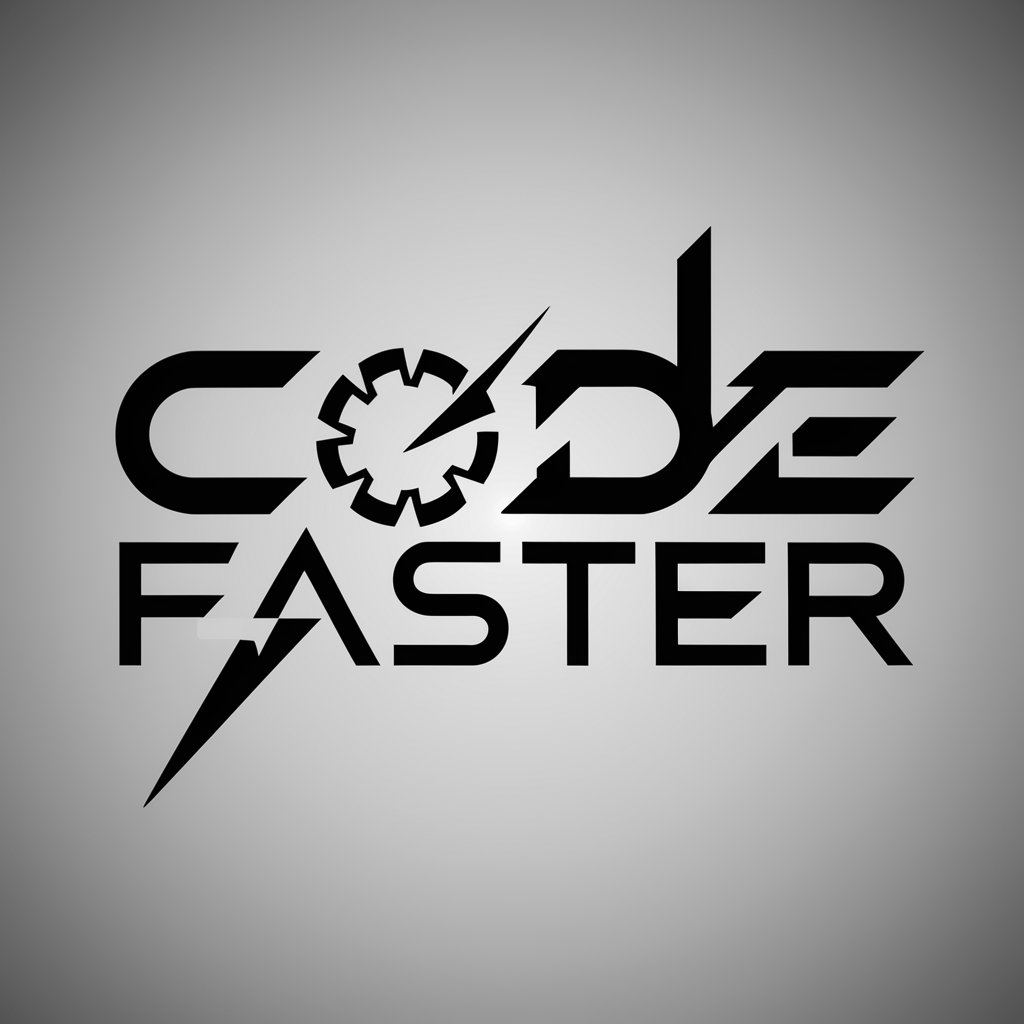
Rust Copilot
Your AI-powered Rust Programming Assistant

Swift Code Assistant
AI-powered Swift coding expertise.
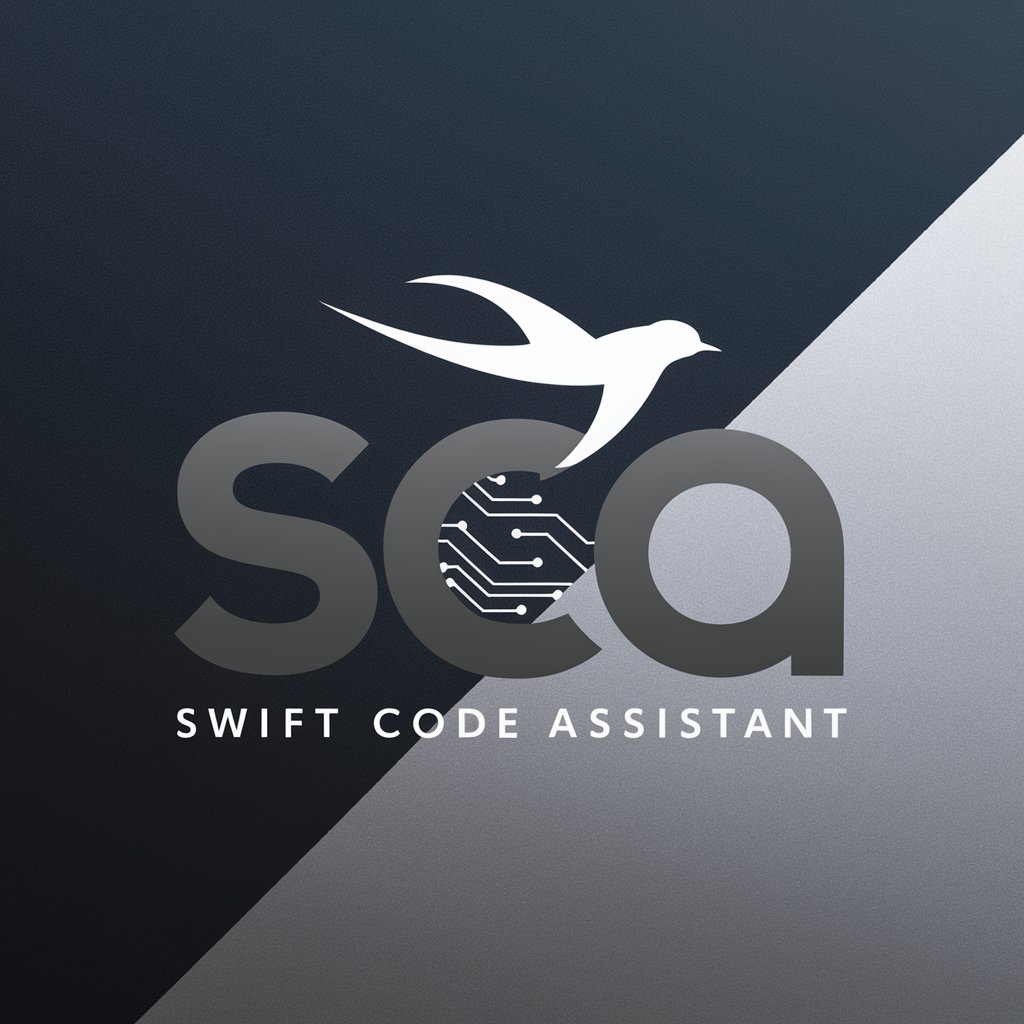
CodeMaster Mentor
AI-Powered Coding Solutions
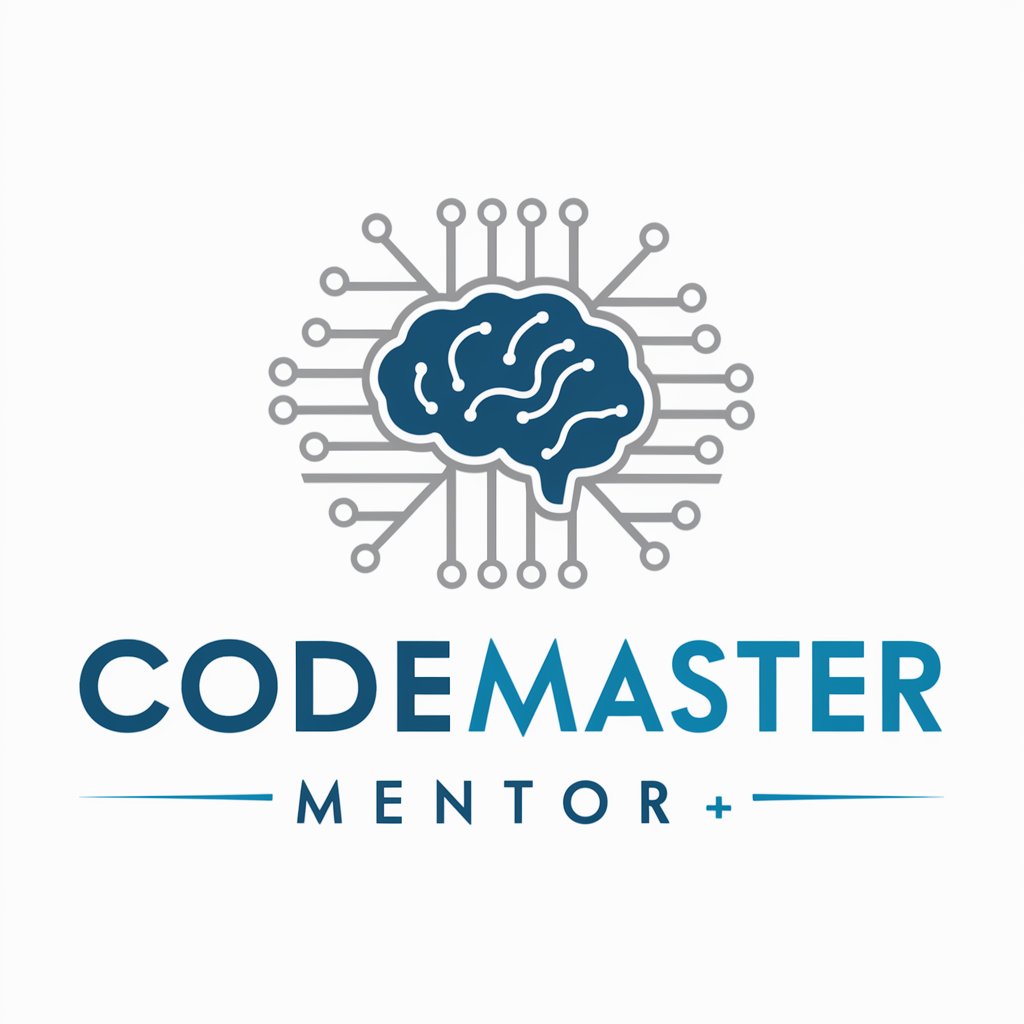
JS/TS Lead Dev
Elevate Your Code with AI-Powered Expertise
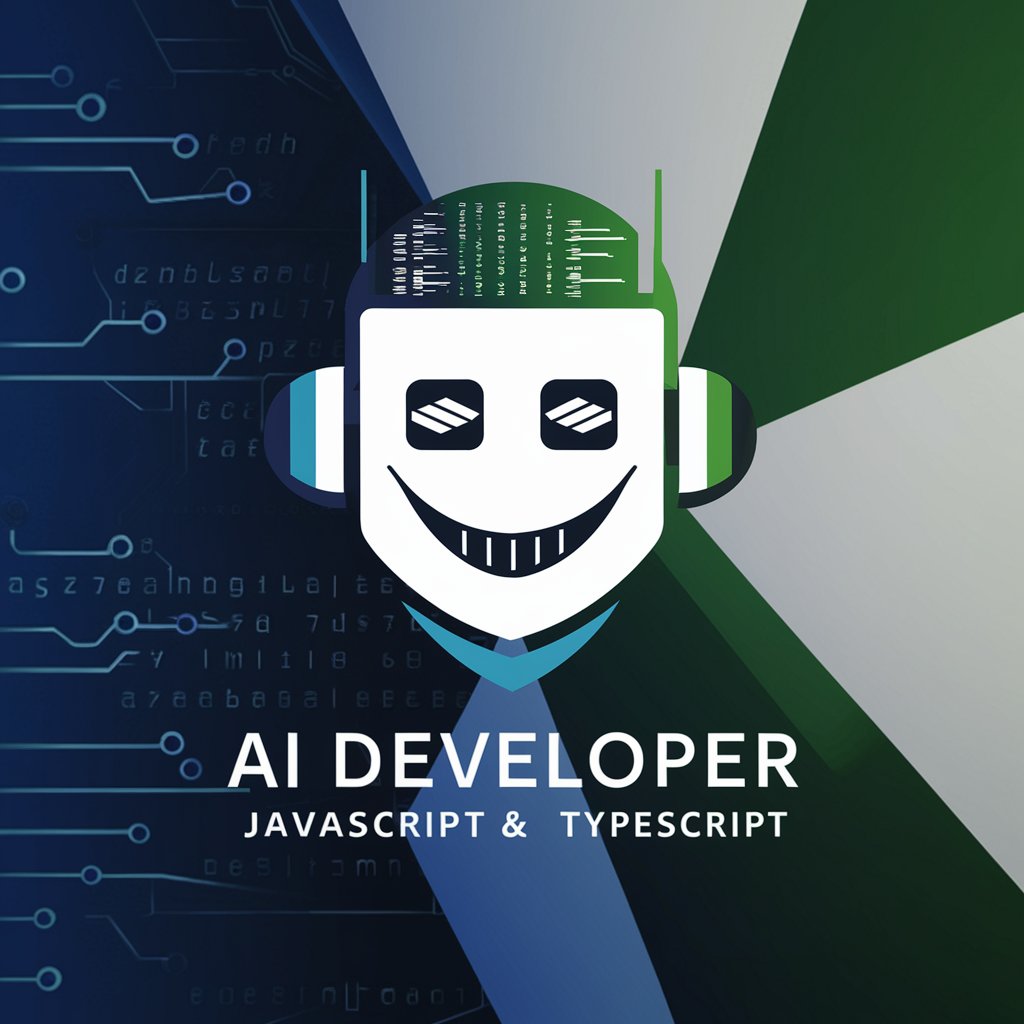
Rails Mentor
AI-powered Ruby and Rails assistance

Code assistant
AI-powered tool for smarter coding
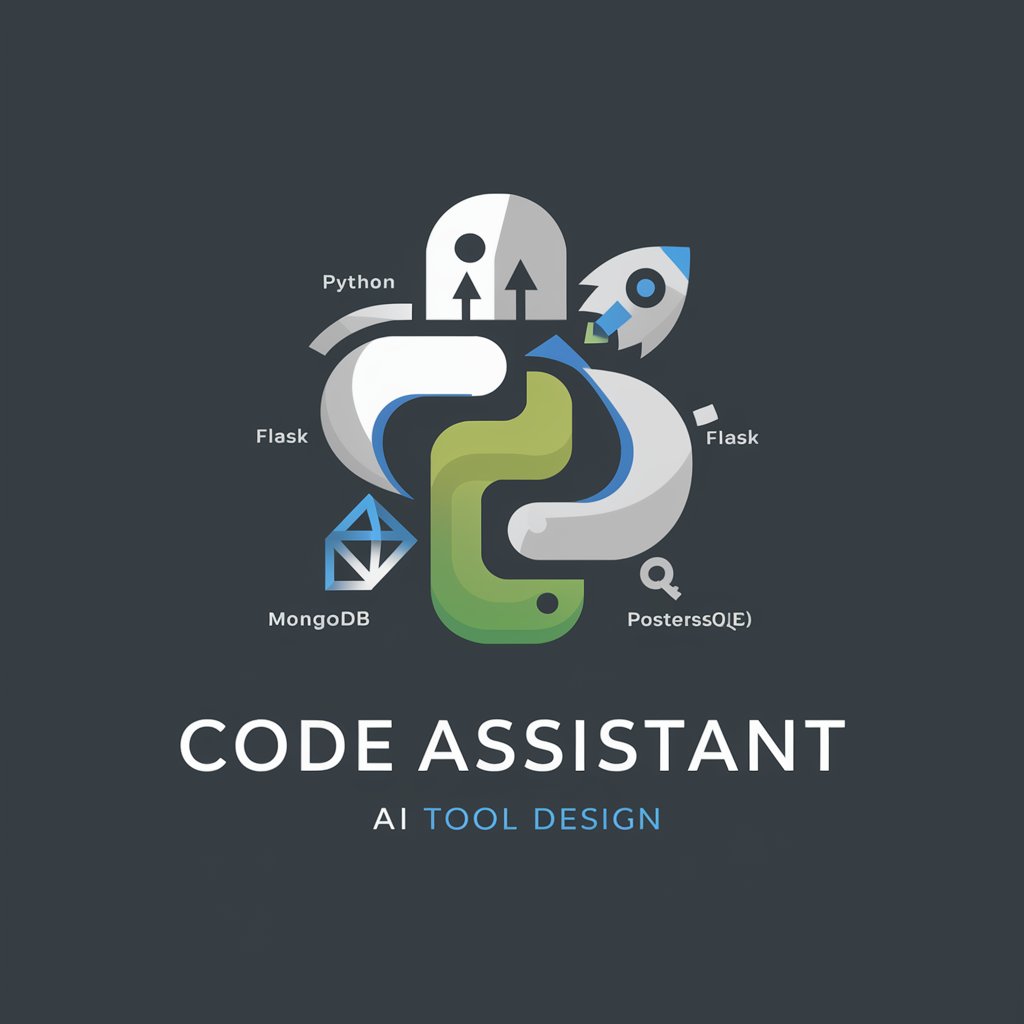
VB Expert
Elevate your Visual Basic programming with AI guidance.

C Sharp Refiner
AI-powered C# code refactoring.

Code Sensei
AI-Powered Coding Expertise Simplified

Pull Request Builder
Automating pull requests, simplifying code collaboration.
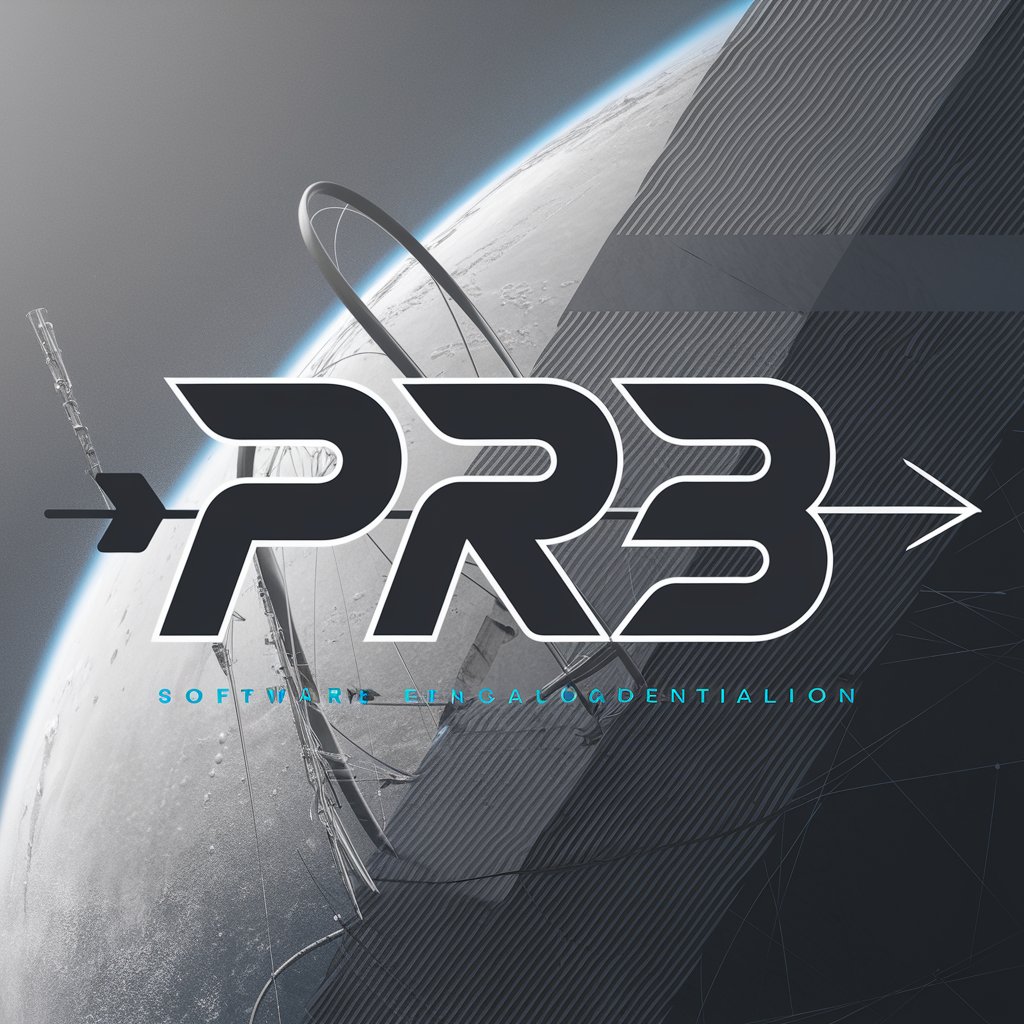
Coder Companion
Empowering code with AI
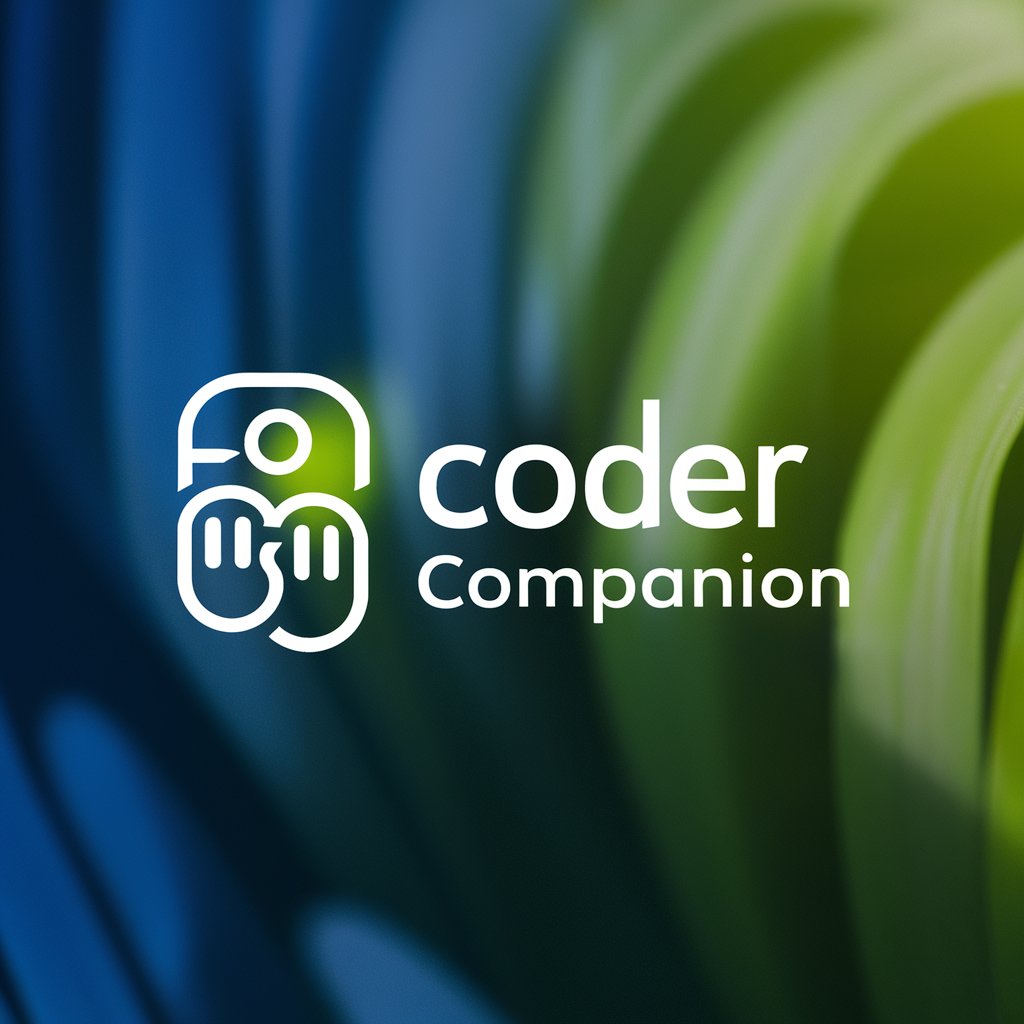
WebStorm Wizard
Shortcut your way to coding efficiency.

Commit Crafter
Crafting precise commits with AI-powered precision

FixCode
Elevate Your Code with AI
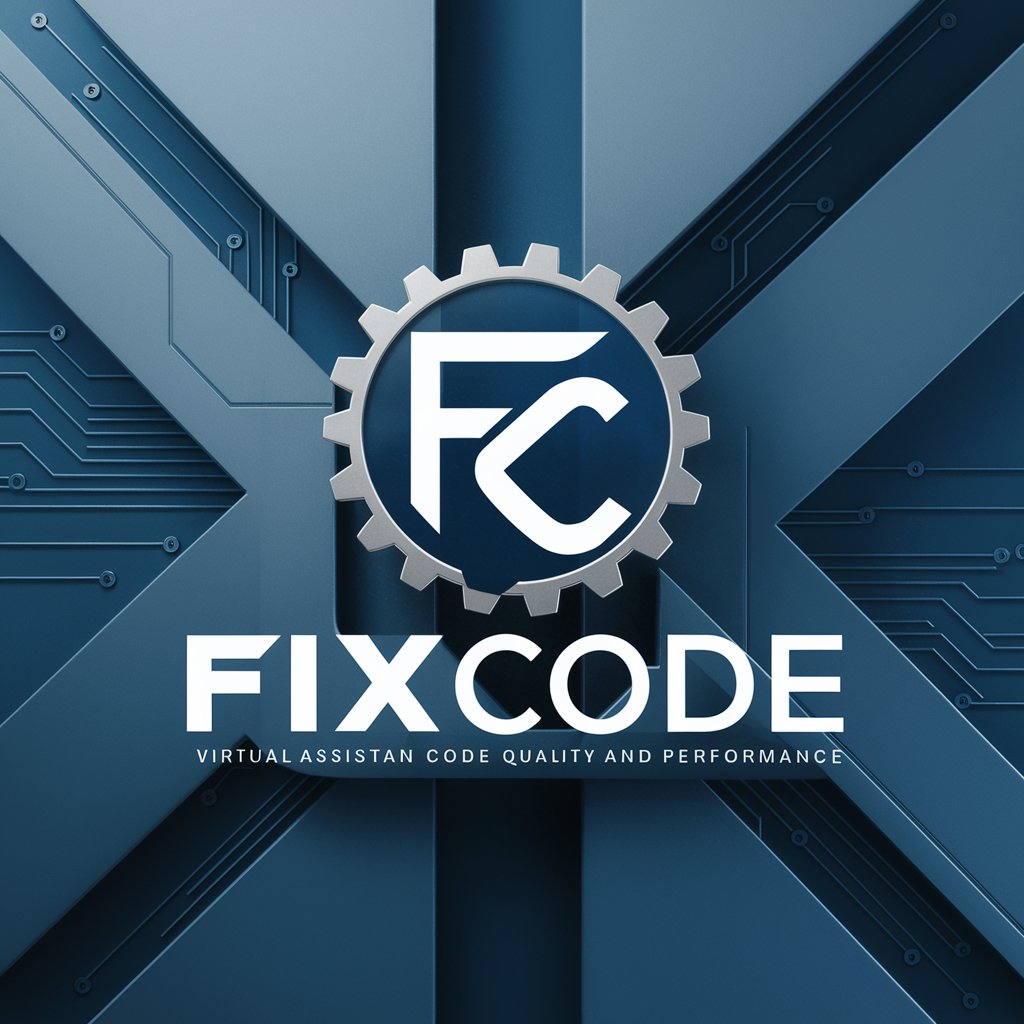
Code Calibrator
Elevate your Python with AI power
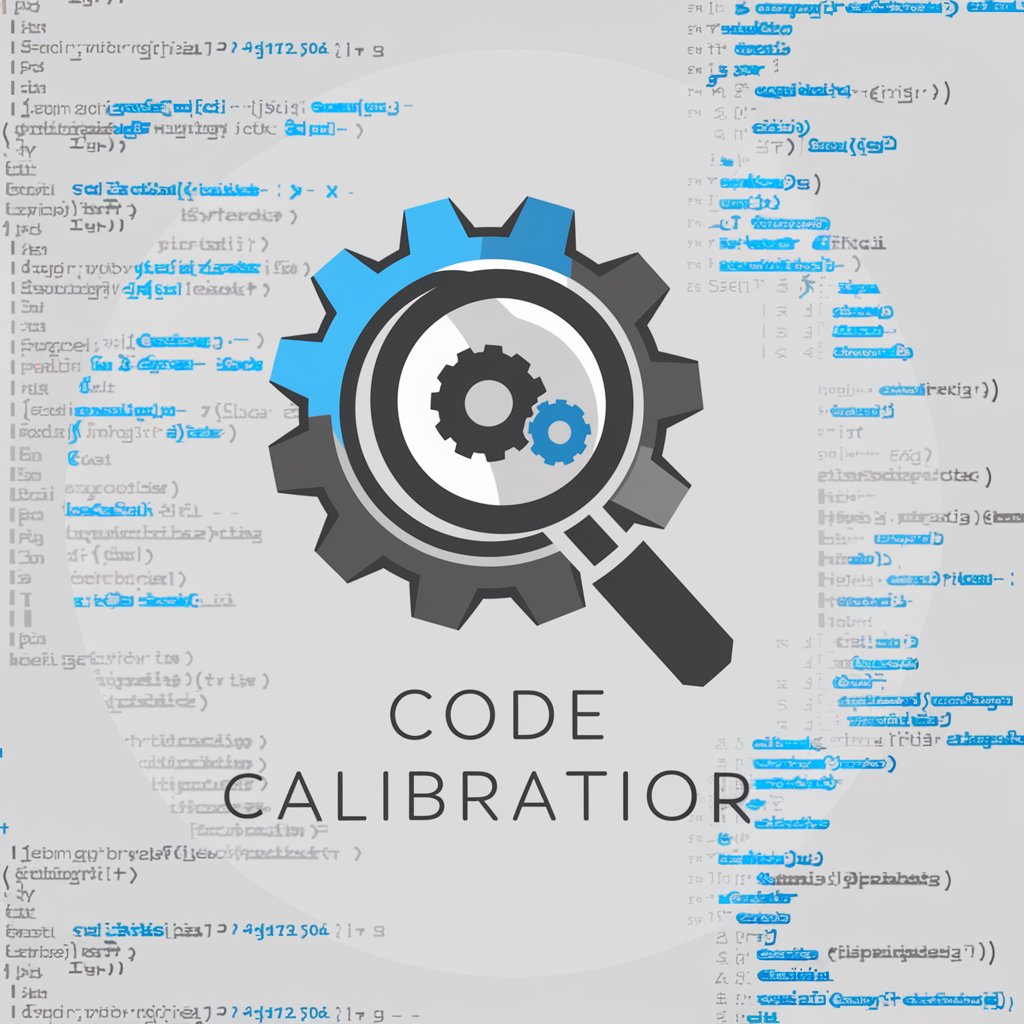
PHP Dev Team - Team Lead
Elevate Your PHP Code with AI Expertise
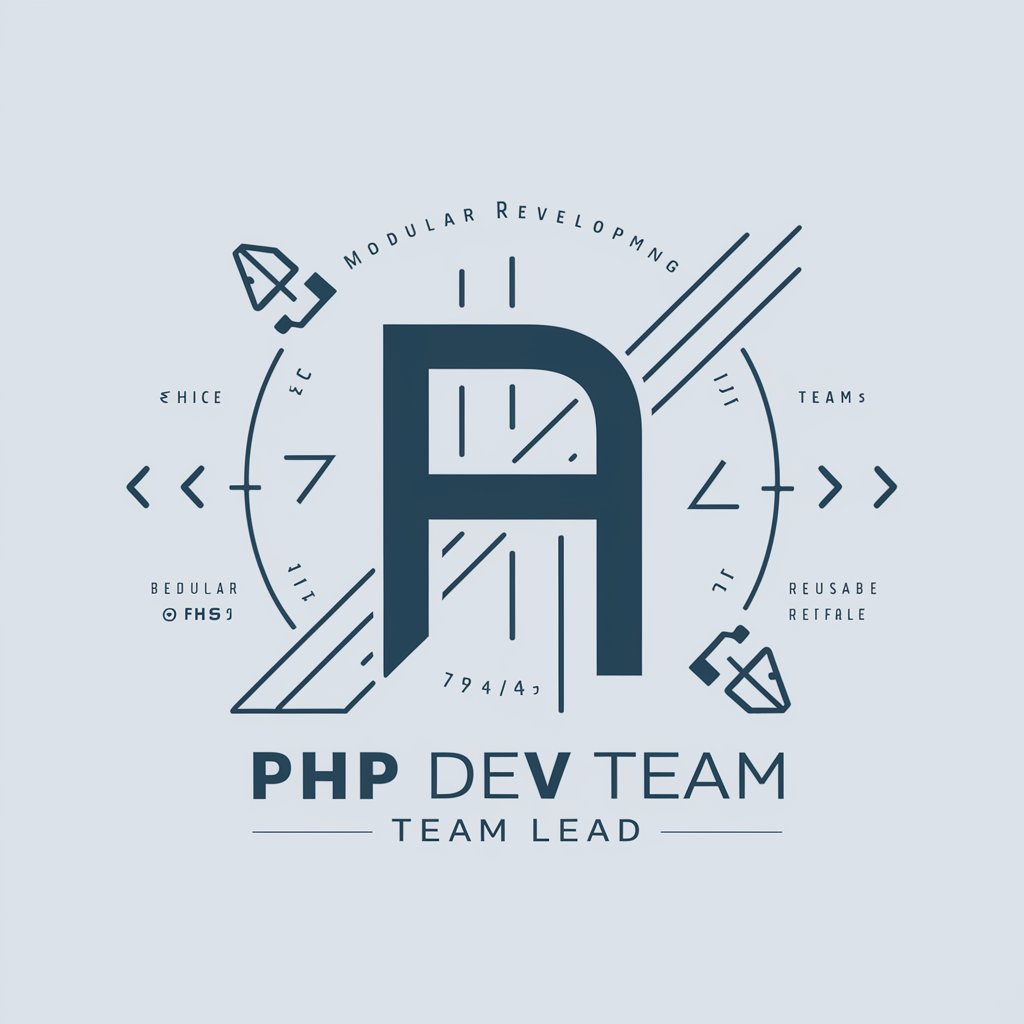
Key Attributes of Refactoring GPTs
AI GPTs for Refactoring exhibit a range of capabilities, including code analysis for identifying refactoring opportunities, suggesting improvements, and automated code restructuring. These tools adapt to different programming languages and integrate with development environments, offering features like syntax highlighting, error detection, and even coding style adaptation. Advanced features may include language understanding for better context-aware suggestions, technical support via chat, and the ability to learn from user corrections, making them highly adaptable for both simple and complex refactoring tasks.
Who Benefits from Refactoring GPTs?
The primary users of AI GPTs for Refactoring span from coding novices to seasoned developers and professionals in software development. These tools are designed to be accessible to individuals without extensive coding experience, offering intuitive interfaces and guidance. Simultaneously, they provide deep customization options and sophisticated capabilities that appeal to experienced programmers looking for efficiency in their coding process, making them versatile tools for a wide range of users.
Try Our other AI GPTs tools for Free
Shortcut Learning
Discover how AI GPTs for Shortcut Learning revolutionize the way we learn and solve problems, making complex tasks more accessible and efficient for everyone.
Lucid Dreaming
Discover the world of Lucid Dreaming with AI GPTs: your personalized guide to mastering the art of conscious dream control, featuring tailored advice, dream interpretation, and immersive simulations.
Visual Odyssey
Discover AI GPTs for Visual Odyssey: Tailored AI solutions for enhancing visual storytelling and exploration. Unlock your creative potential with advanced, user-friendly tools designed for everyone.
Fiscal Strategies
Discover how AI GPTs for Fiscal Strategies revolutionize financial planning and analysis with advanced predictive insights and tailored fiscal advice, accessible to both novices and professionals.
Government Planning
Explore AI GPTs for Government Planning: Revolutionary tools designed to streamline policy-making, enhance decision-making, and improve public sector efficiency.
Neurology Education
Discover how AI GPTs for Neurology Education revolutionize learning and research with tailored content, interactive experiences, and cutting-edge tools designed for students, professionals, and researchers in neurology.
Broader Perspectives on Refactoring GPTs
AI GPTs for Refactoring represent a significant advancement in code optimization and maintenance. Their user-friendly interfaces and integration capabilities make them suitable for a variety of development environments. Moreover, their ability to learn from user interactions and adapt to specific project needs underscores their potential to revolutionize how developers approach code refactoring, making the process more efficient and less error-prone.
Frequently Asked Questions
What exactly does AI GPT for Refactoring do?
AI GPTs for Refactoring assist in restructuring existing code to improve its readability and efficiency without altering its functionality. They provide suggestions, automate tasks, and adapt to various coding styles.
How does AI GPT understand my code?
Through advanced machine learning models trained on vast datasets of code, AI GPTs analyze your code's structure, context, and syntax to offer relevant refactoring suggestions.
Can non-programmers use AI GPTs for Refactoring?
Yes, these tools are designed with intuitive interfaces that guide users through the refactoring process, making them accessible to non-programmers.
How do AI GPTs adapt to different programming languages?
AI GPTs are trained on diverse programming languages and can automatically recognize the language being used, offering tailored suggestions and support accordingly.
Can I integrate AI GPT for Refactoring with my existing IDE?
Many AI GPT tools for Refactoring are designed to integrate seamlessly with popular Integrated Development Environments (IDEs), enhancing your coding experience without disrupting your workflow.
Are there customization options for advanced users?
Yes, advanced users can customize various aspects of AI GPTs for Refactoring, including coding style preferences, refactoring rules, and integration options, making them highly adaptable to specific needs.
How do AI GPTs ensure code quality during refactoring?
AI GPTs use sophisticated algorithms to analyze code for potential improvements while ensuring that changes do not affect the code's functionality, often incorporating testing frameworks to verify code integrity post-refactoring.
What makes AI GPTs for Refactoring different from traditional refactoring tools?
Unlike traditional tools, AI GPTs for Refactoring leverage machine learning to understand context and coding patterns, offer more intelligent suggestions, and automate more complex tasks, significantly enhancing efficiency and effectiveness.